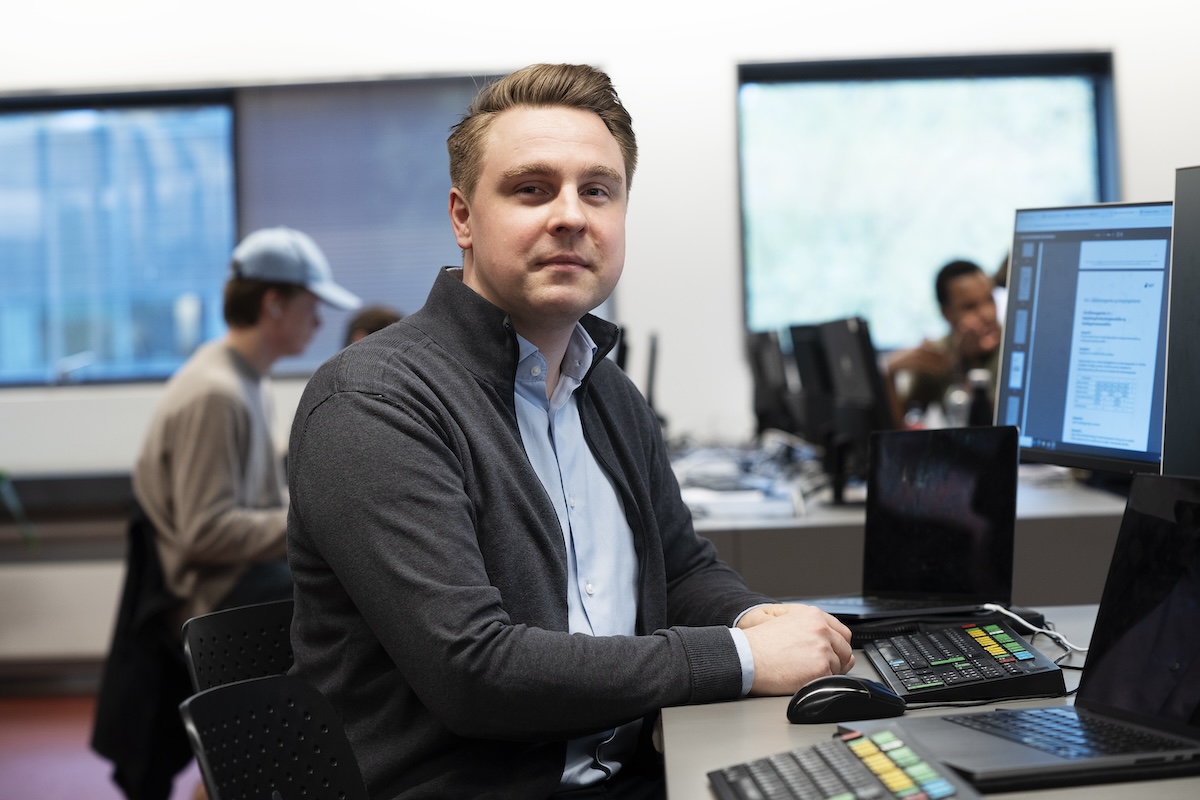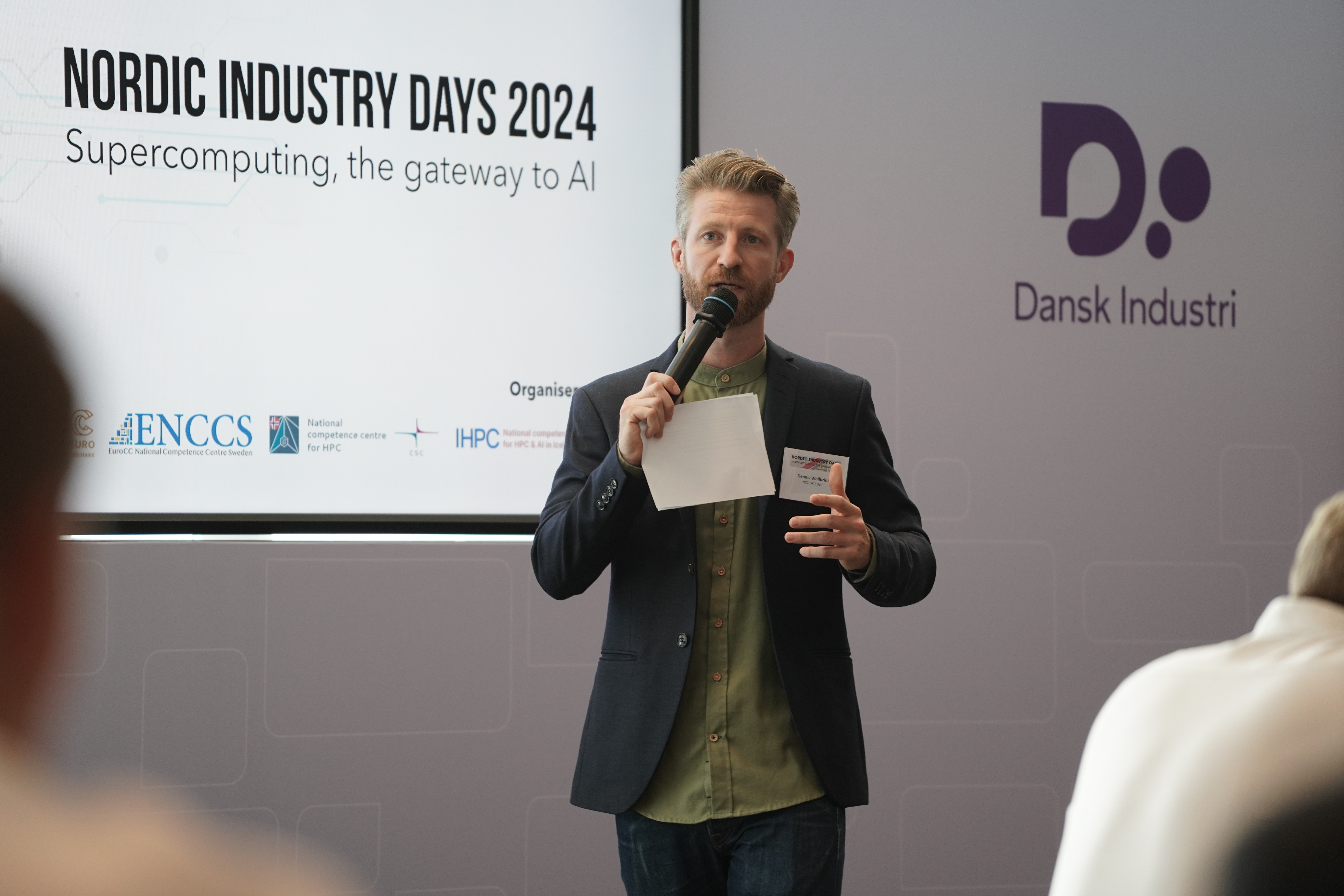
On August 25 – 26, 2022 the scene was set in Copenhagen for an exciting 2-days seminar on “What is a good Curriculum in HPC” to leverage the astonishing possibilities within the HPC field.
The seminar looked into a situation where contemporary competences in High Performance Computing are crucial for industry and research. At the same time, methods, accessible infrastructure, and other rapid developments are opening new opportunities at an increasing rate. The universities must produce relevant candidates and we need to introduce the students to the best possible, most relevant, and updated curriculum.
Danish HPC researchers, and other teaching specialists from all Danish universities mixed with presence from Chalmers University and industry representatives to exchange knowledge and inspire each other with the purpose of outlining the premises of a state-of-the-art HPC curriculum.
The seminar was hosted as part of the EuroCC-project seminar series to explore skills and training courses at Danish universities. This was done to bring perspectives and input to the skills and training survey; to bring perspectives and inputs to the competence report; to share knowledge and material on HPC; and to establish a national HPC curriculum network.
On the first day we were all warmly welcomed by Cosmin Eugen Oancea, Associate Professor from our host institution the University of Copenhagen. After this we had a great session in which all the participating universities presented their HPC curriculums.
We went around the table to share participants current HPC curriculum, to explore and bring inspiration to each other’s work with bringing the right set of skills and knowledge to students.
We also had a great pollinating session with Pedro Petersen Moura Trancoso, Chalmers University of Technology, who presented his work on building an actual HPC master's degree.
To show the cross sectoral usage of HPC the second day included an interesting session with Stefan Oehmcke, Researcher from University of Copenhagen on Machine Learning methods for Geoscience, and this was a great inspiration on this important area for HPC.
Finally, from Industry Leader Danfoss, we had Christian Graulund, Manager of Research and University Collaboration, Danfoss Group, with us to get insights into how they work with the HPC area, what they see for the future, and what skills and requirements they are looking for in exploring HPC resources further when “engineering tomorrow.
Overall, the seminar proved to be a great forum for networking and exchange. Participants actively engaged in discussions and exchanged experiences and viewpoints across both national and internal scene as a natural first step in further developing their respective HPC Curriculum. It also proved of great value to listen to speakers from both universities and Industry, share results and cases from surveys in training and competences in HPC, to exchange knowledge and experience on HPC course material and teaching, and finally to interact with colleagues and like-minded to further increase collaboration.
“A key element is to share our HPC curriculum, our teaching experiences and ideas, training materials and methods, and results from training cases across the national scene. Also, we can greatly benefit from expanding our perspective to include international peers and industry leaders to build future proof skills and training for our students”, Thomas Arildsen, Special Consultant, Aalborg University.
Participants all agreed that the seminar should be the start of an important collaboration. We need a forum for this kind of knowledge exchange and collaborate to facilitate inspiration, sharing and actively learning from each other.
Resources
- HPC Curriculum Seminar Program
- HPC Curriculum Seminar Summary
- Training Survey




